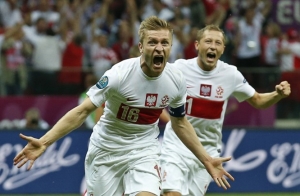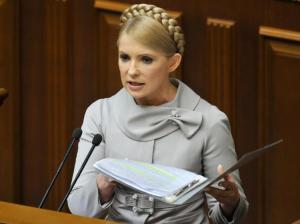With many touting Spain as favourites to retain their European crown this summer prior to the tournament, it was perhaps no surprise when they confirmed their place in the semi-finals. Their opponents, Iberian neighbours and ever-unpredictable Portugal, were in no mood to roll over, though. On the back of their successful group stage campaign, progressing at the expense of the refreshingly positive Danes and a disappointing Netherlands side, the Spaniards had a game on their hands.
Cristiano Ronaldo, previously criticised for his lack of performances on the international stage, went in to the game brimming with confidence, having scored three goals and struck the woodwork four times already. Add to that the growing stature of the midfield trio of Raul Meireles, Joao Moutinho and Miguel Veloso, with Nani an outlet on the flanks, Portugal had grounds for optimism.











